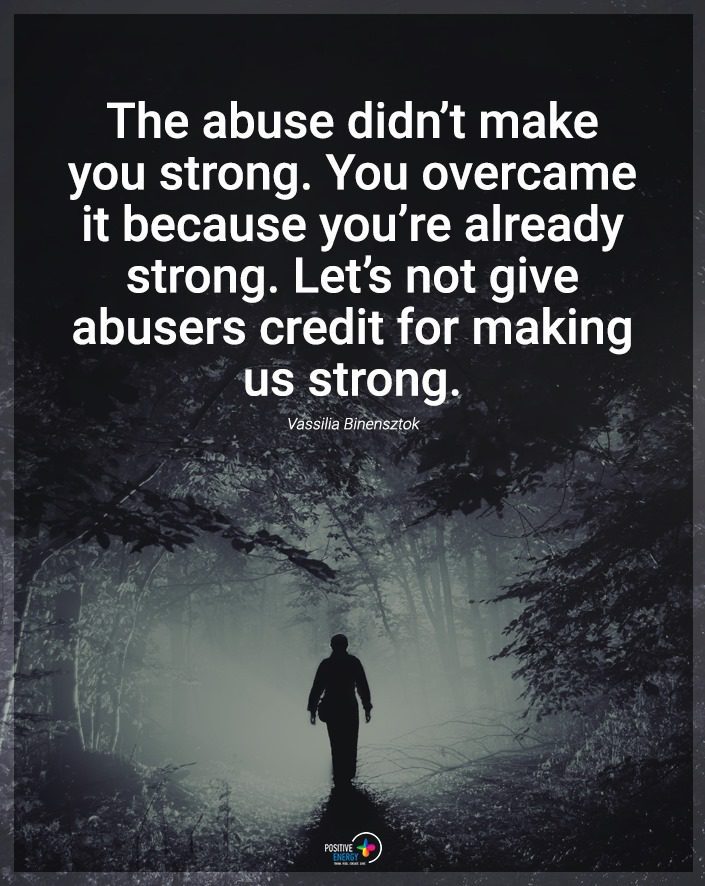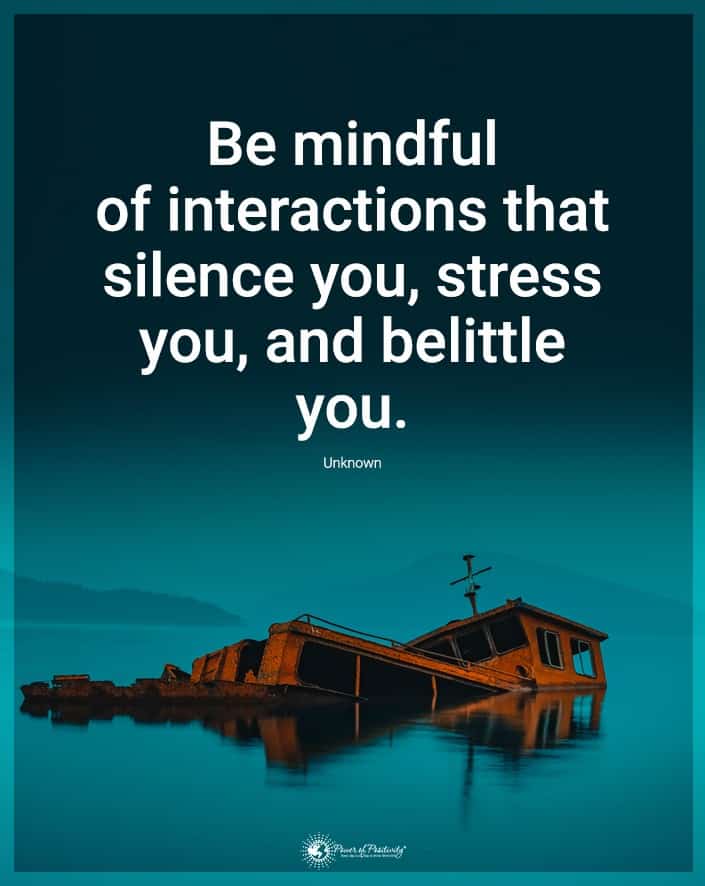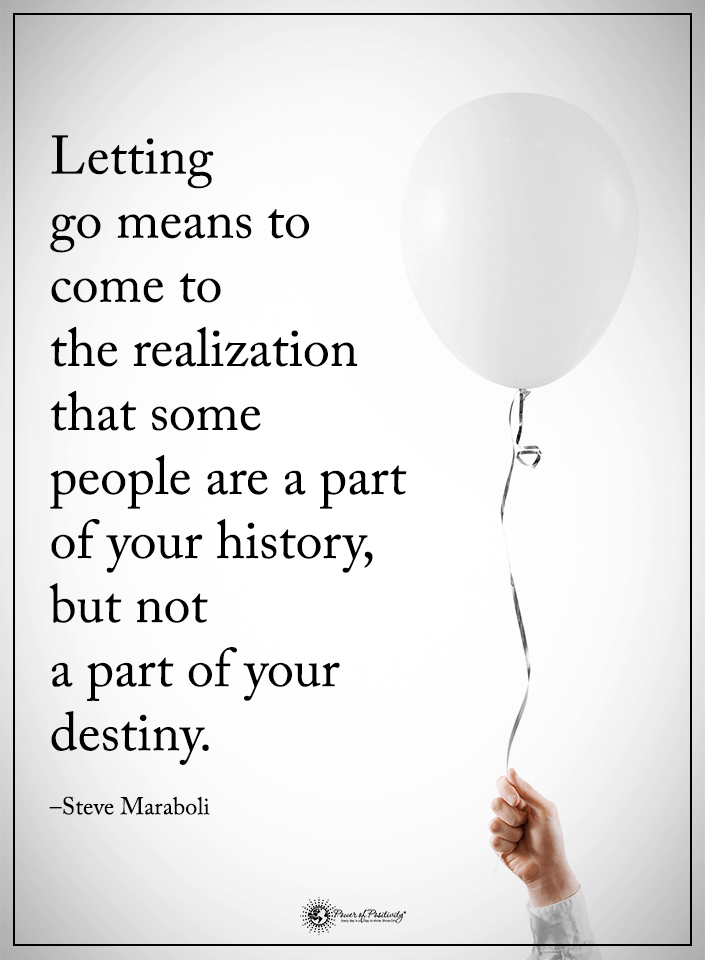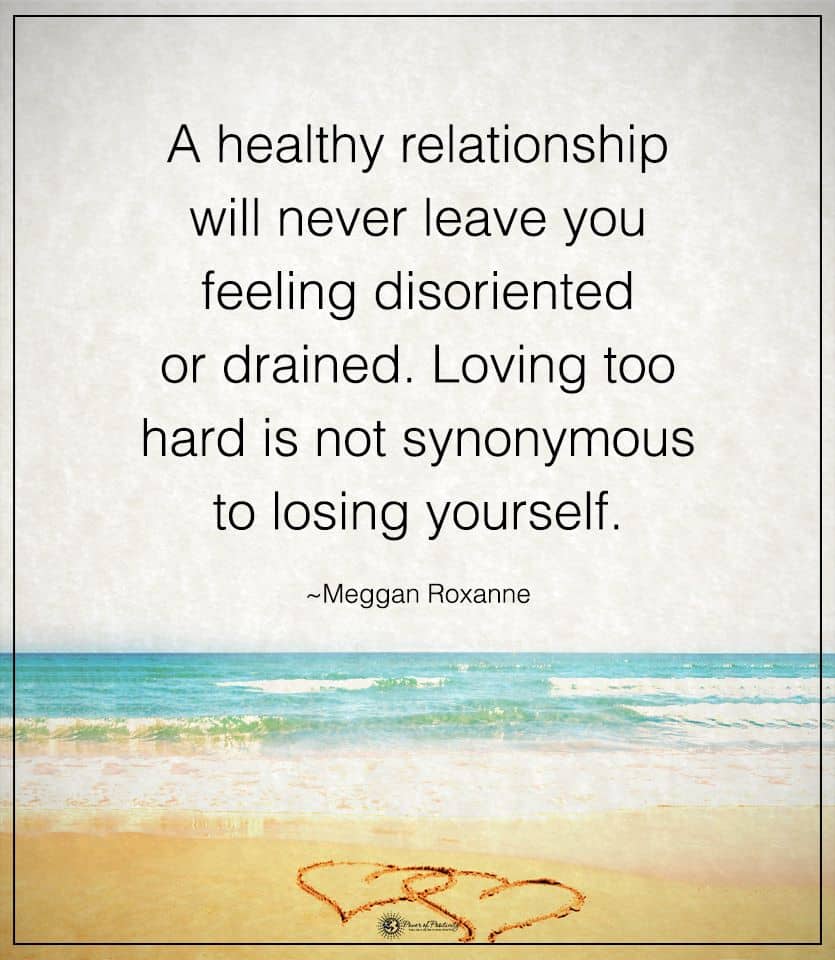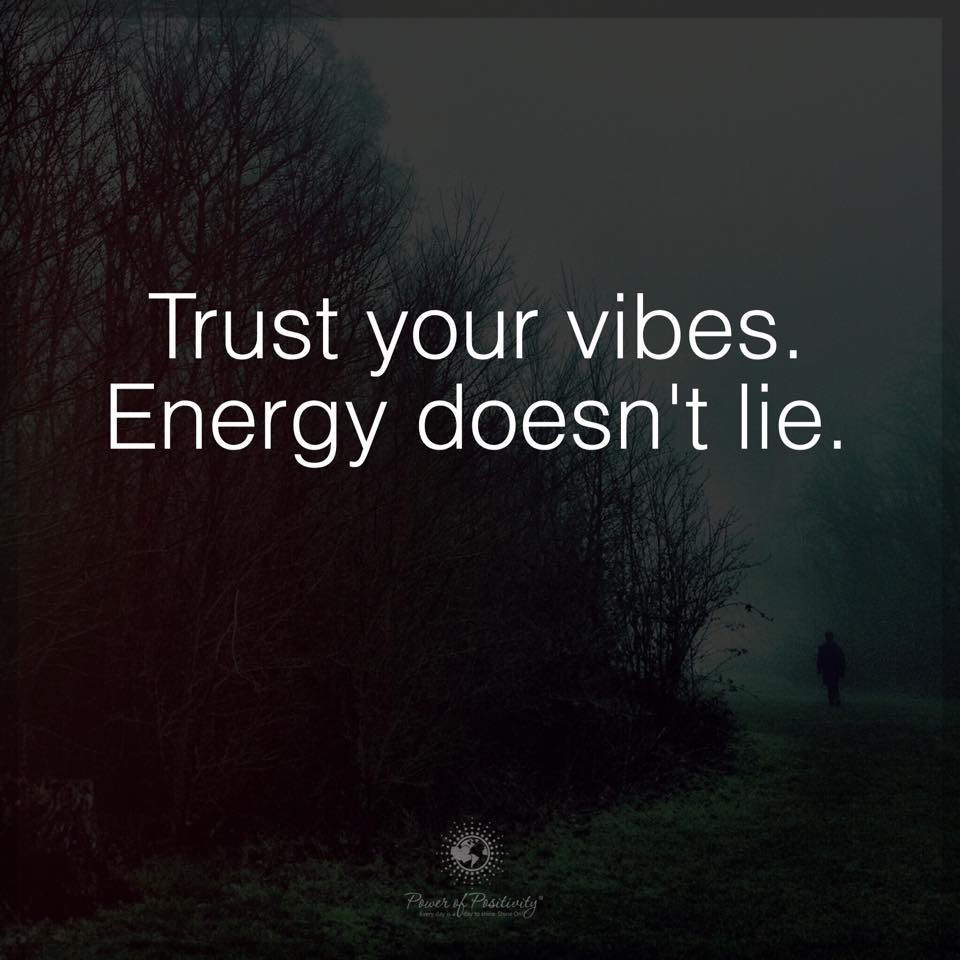When we talk about creativity, we often think of it as an innate quality: you’re either creative, or you’re not. Those of us who don’t feel creative may lament our deficiency and look longingly at people who naturally seem to have creative spirits. The truth is that creativity is not just a natural talent; it can be cultivated just like any other skill.
Some people may find it easier to be creative than others, but that doesn’t mean that not everyone can be creative. In fact, with a little effort and the right habits, you might impress yourself by how creative you can be. If you practice these creative habits in your life, you’re likely to come up with more new ideas and seeing interesting connections around you. As you learn to tap into your creativity, there are different habits you can use to expand your creative nature. Even if you’ve never felt particularly creative before, you can become a highly creative person, and unleash your full creative potential.
7 Habits of Highly Creative People
1. They focus attention on what is valuable to them (paid or not).
Creativity is hardly worth the effort if you’re bored with what you’re doing. If you want to be creative, it’s essential that you’re working towards pursuits that you find rewarding and meaningful. Of course, everyone needs to earn a living. It’s not always possible to do what you love 100% of the time. But if you don’t find your everyday activity rewarding, pause for a moment to think about what is meaningful to you. You can aspire to do what you love and what you find fulfilling, and take steps to make those activities a larger part of your life.
Doing something meaningful gives you the energy and motivation that fuels creativity, and in turn, will help you find more meaning in life.
2. They follow their intuition
Some of the most creative and successful people in the world got to where they are today by saying “Yes” when everyone else was telling them “No.” There are times when you need to trust your intuition, even if the outside world is full of doubts. When you’re creative, your ideas may be different from the norm. That doesn’t mean that they’re wrong. Do your research and listen to others’ advice, but don’t be afraid to trust your intuition and commit to a creative decision.
3. Creative people take time to play in the imagination sandbox.
Daydreaming doesn’t have to be unproductive. In fact, the freedom of daydreaming can help you to unlock new ideas and may work to encourage creative thought processes. So when you have some downtime, don’t be afraid to daydream about whatever comes to mind. You may just think up your next great idea.
4. They know how to trigger their creativity.
Think about the last time you felt really creative. What were you doing? Were there any triggers or elements of your environment that made you feel particularly creative? Often, you can recreate these triggers to increase your creativity. Many people, for example, feel their most creative when they’re traveling. If that’s the case, try scheduling yourself a regular train or bus trip, even if it’s only a couple of towns over. If exercise brings out your creative juices, fit in a workout before you plan to work on something creative. Whatever gets your mind moving, figure out a way to fit it into your schedule to build up your creativity.
5. They follow inspirational sources.
Learning from others is a great way to boost your creativity. When you see or learn about someone who has been successful in your field, it can help to motivate you and give you a burst of creativity. Try talking to a mentor, reading a book written by (or about) a personal hero, or visiting your favorite inspirational website. The more inspiration you find and the more you learn, the more creative you’re likely to be.
6. They make the most of the challenges
Too often, we let an obstacle set us back and put an end to our creative energy. However, challenges can actually provide the best opportunities to come up with creative solutions and achieve personal growth.
When you are faced with an obstacle, instead of giving up, put your creativity to the test and come up with a way to defeat it. You may find that when you’re overcoming a challenge, you’re at your best.
7. They embrace new ideas and try new things.
New experiences are some of the absolute best fuel for creativity. They expose you to new activities, new feelings, and new ideas. They also help you to expand your knowledge and skills. In addition, you’ll learn to overcome fear, which can be one of the biggest obstacles to creativity. Try to fit in at least one new experience each week. It can be something big, like a new hobby, or something small, like talking to someone you’ve never met or trying out a new restaurant.


